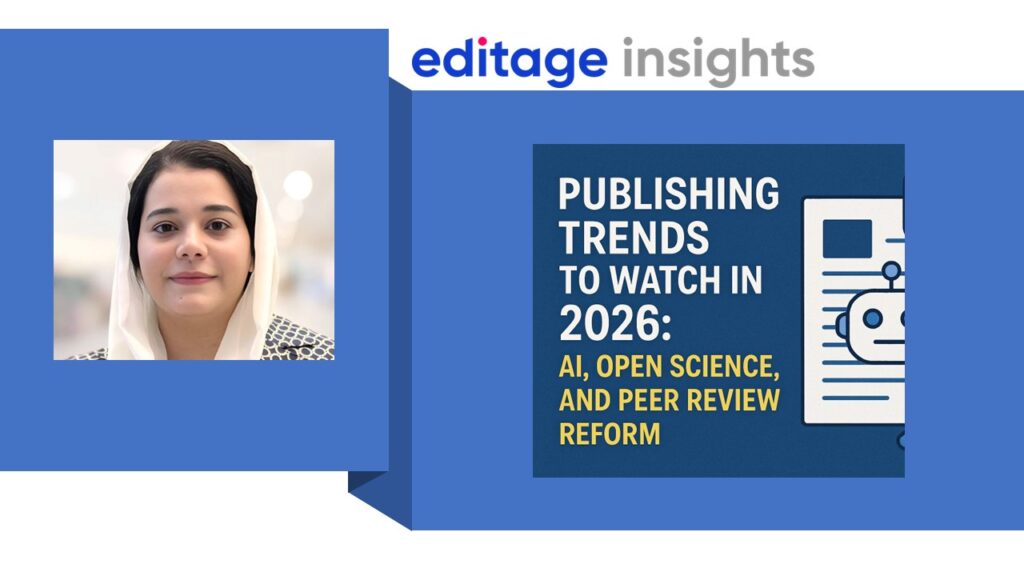University of California and PLOS sign open access deal for early career researchers’ benefit

The University of California (UC) has signed a two-year open access (OA) agreement with the Public Library of Science (PLOS).
As per the agreement, the UC libraries will bear $1,000 of the article processing charge (APC) for publishing in PLOS journals and researchers will bear the rest. APCs for PLOS, a leading non-profit OA publisher, are in the range of $1,500-3,000. Additionally, researchers who are not in a position to pay the remaining amount can approach the UC libraries to cover for them.
The agreement thus aims to benefit researchers who want to publish in PLOS journals but have limited funding resources, typically early career researchers and those in the humanities and social sciences. Arun Durvasula, a graduate student at the UC, commented on the deal: “Most scientists support open access – they want anyone interested in the research to be able to read their articles.” Alan Barreca, an associate professor at the UC’s Institute of the Environment and Sustainability, echoed the sentiment: “Making academic research public allows everyone to benefit from academic research and inform themselves on important issues, such as climate change.”
At the same time, the pilot agreement, by enabling researchers to share the APC burden with the university, is meant to be a more viable shift toward full OA. Keith Yamamoto, a member of the PLOS Board of Directors, was positive that “key institutional stakeholders… can work cooperatively to develop sustainable models that serve science, scientists, and trainees.”
The UC is one of the largest producers of research papers in the U.S., responsible for 10% of papers annually. It has been gradually moving toward the OA model since the early 2010s. Ivy Anderson, Associate Executive Director of the UC California Digital Library, shared that the agreement is in line with the university’s goal: “The UC has been repurposing its journal expenditures to support open-access publishing.” She added, “We intend to partner with a variety of publishers so that together we can help lead the transition to full open access.”
Incidentally, the UC had ended its subscription-based agreement with Elsevier in July last year. All the same, there are plans to renew a dialog with the publishing house in the first fiscal quarter of this year.
Will that discussion be more positive this time around? Aspiring researchers like Durvasula hope so. He believes OA is the future, adding that he would “like to be in a place where that is the norm, things are just open access and that’s not really a discussion.”
Add your own thoughts to the ongoing discussion on OA through the comments space below.
Related reading:
- Open access vs subscription model: What do journals prefer?
- Benefits of publishing your work open access: Debunking myths
- Mirror journals – a new track in open access publishing?
References:




